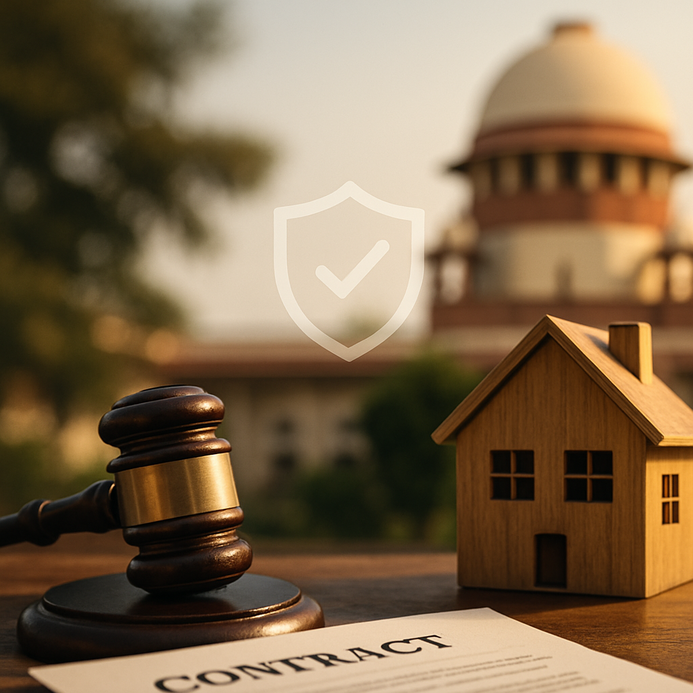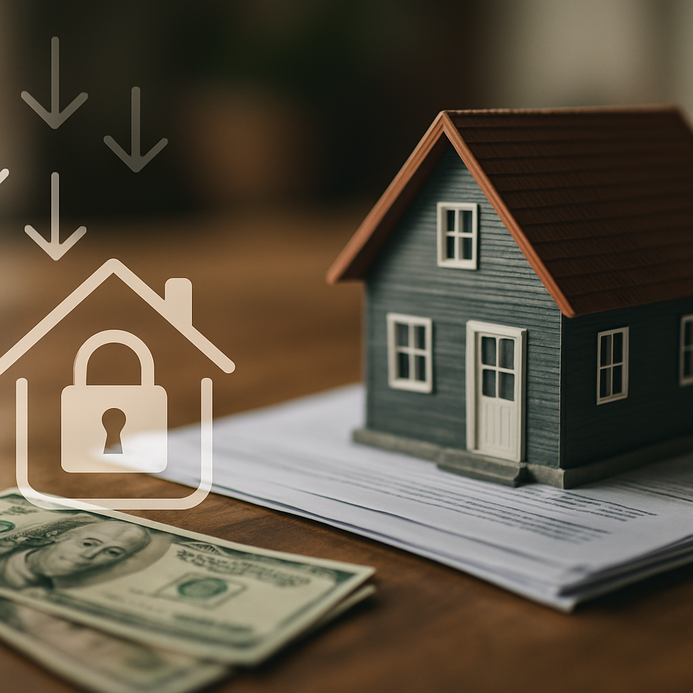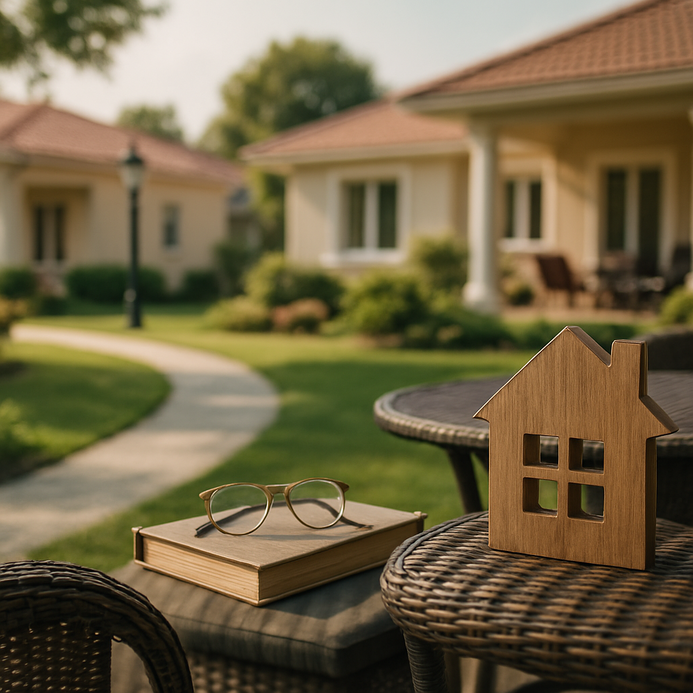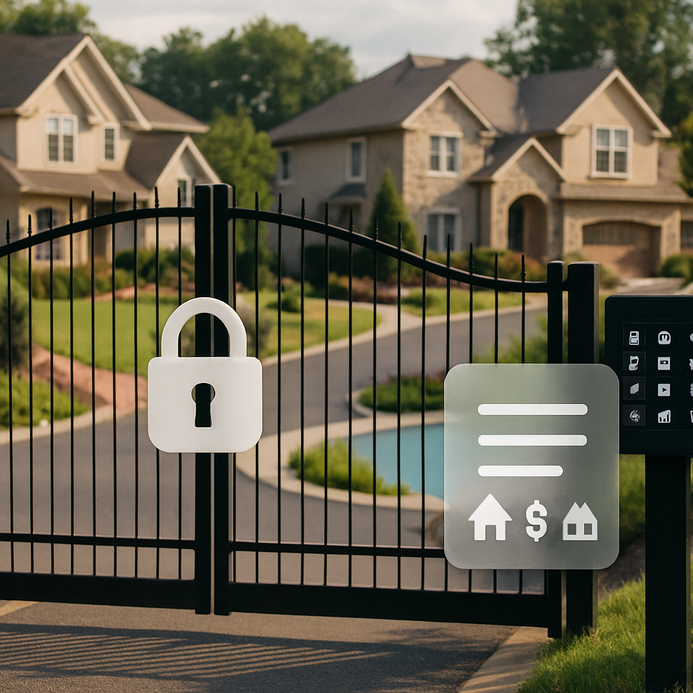How Flat Lease Durations Affect Your Property’s Resale Value
Understanding Flat Ownership
Owning a flat isn’t quite the same as having a house. You’ve got your own unit, but there’s a lot shared with neighbors. Common areas, like gardens and hallways, come into play. This setup is all framed by laws, specifically, the flat ownership act, which lays down the rules of the game.
Key Elements of Flat Ownership
1. Ownership Structure: When you buy a flat, you also gain a portion of common spaces. It’s a team effort, so getting along with your neighbors is kinda important.
2. Joint Ownership: Sharing a flat? That’s where things get tricky. If you’re in a joint ownership situation, having a good nomination process is key. It keeps things straightforward if ownership changes hands.
3. Legal Framework: The flat ownership act has it all outlined, voting rights in associations, maintenance responsibilities, resolution of disputes.
4. Maintenance Fees: Don’t forget about those maintenance fees. They cover shared spaces and keeping things running smoothly. Neglecting these could jeopardize your flat ownership rights.
Essential Flat Ownership Details
| Ownership Documents | Proof of ownership and legal rights |
| Maintenance Contract | Defines common area upkeep responsibilities |
| Resident Association Rules | Governs community living and conflict resolution |
Navigating flat ownership means knowing your responsibilities. By sticking to the flat ownership act, you help ensure a peaceful cohabitation experience.
Understanding all this is crucial for anyone thinking about buying a flat. For more insights, visit our articles on OC and CC in Real Estate and Buying Your First Home in Hyderabad.
Unveil the 50-50 payment plan
The Legal Framework: Flat Ownership Act
The Flat Ownership Act is a big deal. It’s packed with provisions that shape flat ownership, especially in Hyderabad. It’s there to protect homeowners while clarifying responsibilities.
Key Provisions of the Flat Ownership Act
This Act sets basic rules for registering and transferring flats. Documentation is a must to safeguard both buyers and developers. Here are some highlights:
1. Registration Requirement: All flats need to be registered for legal recognition.
2. Legal Rights: Owners can use and manage common areas.
3. Maintenance Responsibilities: Owners contribute to maintenance fees for communal services.
4. Nomination in Joint Ownership: This allows specified individuals to take over responsibilities if needed.
5. Dispute Resolution: It’s got processes for dealing with conflicts over flat ownership.
| Provision | Details |
| Registration Requirement | Essential for legal ownership, protecting buyers’ interests. |
| Common Area Rights | Access to shared facilities like gardens and pools. |
| Maintenance Obligations | Each owner has to cover a portion of maintenance costs. |
| Joint Ownership Nomination | Ensures a smooth transition if a joint owner passes away. |
| Dispute Resolution Protocols | Legal pathways are established for resolving flat ownership disputes. |
To dig into more about the Flat Ownership Act, check out this article.
Knowing these details is key for current and future owners alike. Sticking to the Flat Ownership Act is not just good for your investment, it keeps the community vibe strong.
Feel free to explore:
– How the Indian Stamps and Registration Act Protects Your Real Estate Investment
– What is OC and CC in Real Estate
– Importance of Location When You Are Looking for Your Ideal Home
Duration of Ownership: The 99-Year Lease
Typically, flat ownership is tied to a 99-year lease agreement. It’s got some important implications for how ownership is viewed, you’re not getting full title here, just rights to use the flat for a set period, commonly 99 years.
Understanding the 99-Year Lease
This 99-year lease model is common, especially in cities. It helps flat owners enjoy their homes without the total weight of full ownership. When that lease is up, ownership typically goes back to the leaseholder or the authorities, per local regulations.
| Key Factors | Details |
| Initial Lease Duration | 99 years |
| Renewal Options | Up for negotiations; varies by case |
| Reversion of Rights | Ownership returns to original lessor |
| Implications of Expiry | Legal procedures may be needed for renewal |
Implications at Lease End
At lease expiration, owners often find themselves asking what’s next. In many places, they can renegotiate the lease, or might have to pay a premium to turn that lease into freehold. Clear guidelines from the flat ownership act can help prevent disputes, especially with joint ownership situations.
In cases of joint ownership, make sure nomination is sorted out. If one owner passes away, the other needs to be recognized legally as the inheritor. Knowing the flat ownership act’s guidance on this is key in avoiding potential messes.
For further perspectives on flat ownership, you may enjoy:
– A Comprehensive Guide to Flat Inspection Before Buying
– What is OC and CC in Real Estate
Understanding lease extensions in flat ownership is critical. Most flats follow a leasehold setup, where the owner has rights to use the property for a defined time, often extended when requested.
You’ll need to know your lease terms, as a formal application could be a part of the deal. Leases range from 99 years to as long as 999 years. But if your lease shrinks below 80 years, it can hurt your flat’s market value and boost your extension costs.
Key Considerations for Lease Extensions
1. Eligibility: Typically, to extend a lease, you need to have owned the flat for at least two years.
2. Process: Extending a lease can involve surveys, valuations, negotiations, potentially drafting a new lease. It’s wise to get legal advice here.
3. Costs: Expect costs that could include the premium for the lease extension and legal fees. So, if your flat is worth £300,000 with a remaining lease of 75 years, you’re looking at fees between £7,000 and £15,000.
| Lease Details | Estimated Costs |
| Current Market Value | £300,000 |
| Remaining Lease | 75 years |
| Expected Fees | £7,000 – £15,000 |
4. Nomination in Joint Ownership: In joint ownership, one owner can nominate another to handle the lease extension discussions. It keeps everyone in the loop.
Getting a grip on these factors is key if you’re navigating lease matters. Don’t miss practical reads on property taxes and HOA fees or how property law protects your investments.
Joint Ownership and Nomination
Joint ownership can create a bit of a puzzle when it comes to flat ownership. Co-owners share rights and responsibilities, making it beneficial yet sometimes complicated. It’s vital to get how joint ownership operates, especially the nomination piece for succession planning.
Rights of Co-Owners
According to the flat ownership act, all co-owners have equal rights to the shared property. They can use common spaces and make management decisions together. Major decisions like selling or renovating usually need everyone’s agreement, though.
Nomination is a neat feature of joint ownership. It allows co-owners to name a successor to inherit their share, which is essential for smooth succession. If you don’t have that sorted, you might end up with a legal mess when passing ownership to heirs.
Nomination in Joint Ownership
In joint ownership, clear nomination is crucial. Each co-owner should think through who will inherit their stake in the property. Ignoring this can lead to all sorts of complications, delaying ownership transfer and sparking conflicts.
| Co-Owner | Nominated Successor | Date of Nomination |
| Owner 1 | Relative A | YYYY-MM-DD |
| Owner 2 | Relative B | YYYY-MM-DD |
Setting up a nomination doesn’t just secure the flat’s future; it ensures smoother transitions, cutting down on potential legal hassles.
Legal Considerations
It’s smart to know that the specific flat ownership details in your area can impact how nominates work. Different places might have unique rules around joint ownership and nominations. So, always check local laws to ensure your nomination aligns with the flat ownership act.
For more reading, you might check out:
– What is Stamp Duty on Property?
– Understanding Property Allotment Letter
– NRI Capital Gains Tax on Property
FAQ
What is flat ownership?
Flat ownership refers to owning an individual unit within a larger property development, where common areas are shared among residents.
How long is a typical flat lease?
Typically, flat ownership comes with a 99-year lease agreement, although this can vary based on local regulations.
What happens when the lease expires?
When a lease expires, ownership typically reverts to the lessor unless the lease is renewed or converted into freehold.
What is the Flat Ownership Act?
The Flat Ownership Act establishes the legal framework surrounding flat ownership, including registration, rights, and responsibilities of owners.
What is nomination in joint ownership?
In joint ownership, nomination allows co-owners to designate a successor who will inherit their share of the property, ensuring a smoother transition.













